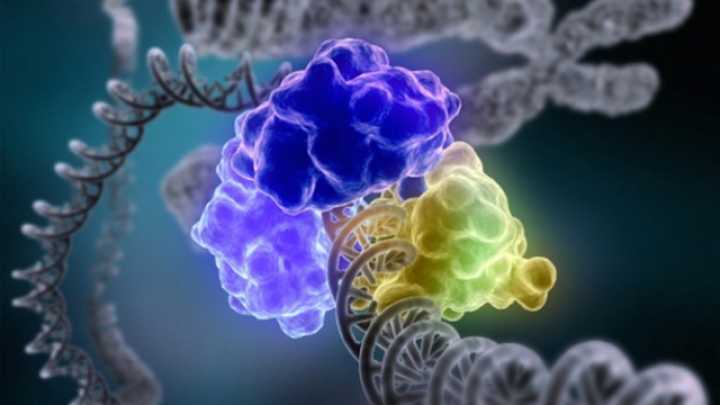The world's first high-throughput detection technology: can be used for cancer non-invasive early screening
A week ago, Professor Zhang Wei from the University of California, San Diego, just published a review article in Nature Methods, commenting on the latest single-cell analysis methods in the world. Yesterday, Professor Zhang Wei's team released the latest masterpiece in Nature Genetics, the world's first high-throughput methylation non-invasive detection technology, which can be used for non-invasive early screening and traceability of cancer in the future.
Detection and localization of cancer using dual markers of cancer markers and tissue-specific CpG methylation patterns
Early detection of cancer can be performed based on ctDNA in cancer patients, but these methods cannot be traced back to the location of the tumor. Professor Zhang Wei said: "Understanding the location of the tumor is critical for effective early detection."
In order to overcome this problem, Professor Zhang Wei's team has developed a new type of liquid biopsy technology that can not only detect early in cancer, but also achieve tissue localization. When a cancer forms in the body, it competes with normal cells for nutrition and space and causes normal cell death. When normal cells die, they release their DNA into the bloodstream, so researchers can identify the affected tissue through these DNAs.
Since each tissue in the body has its own unique form of methylation, the tissue can be positioned according to this characteristic. In this new approach, tissue localization is achieved by screening for CpG methylation haplotypes.

Professor Zhang Wei said: "We stumbled upon this method. Initially, we used conventional methods, just looking for cancer cell signals and trying to find out where they came from. But in the process we also found signals from other cells, And realized that if the two sets of signals are integrated, it is actually possible to determine if cancer is present and where it is growing."
In the development process, the researchers first set up a database of all CpG methylation patterns in 10 different tissues (liver, small intestine, colon, lung, brain, kidney, pancreas, spleen, stomach and blood). They also analyzed tumor and blood samples from cancer patients at the UCSD Moores Cancer Center and built a database of cancer-specific gene markers.
Next, the researchers screened blood samples from cancer patients and healthy people for dual signals of cancer markers and tissue-specific CpG methylation patterns. This test works in a similar way to the two-factor authentication process - finding two signals above the statistical intercept point indicates a positive result.
Professor Zhang Wei stressed: "This is a proof-of-concept study. In order to push this research into the clinical stage, we need to work with doctors to further optimize and improve this method."
Professor Zhang Wei’s research is undoubtedly of groundbreaking significance. The new combination of tumor ctDNA liquid biopsy and methylation detection will re-visit our understanding of the concept of "oncology early screening" and the related industry prospects are exciting. According to Prof. Zhang Wei, the “new high-throughput methylation non-invasive detection technology†developed in this research has applied for a global patent and exclusively authorized him to participate in the creation of the company, the é¹è¿œ gene, for commercial development. New early detection of cancer. Perhaps in the near future, the global “next†power cancer screening company will be created. At the same time, this new technology can help more people discover cancer early and receive timely treatment.
Medton Medical , https://www.medton.cn